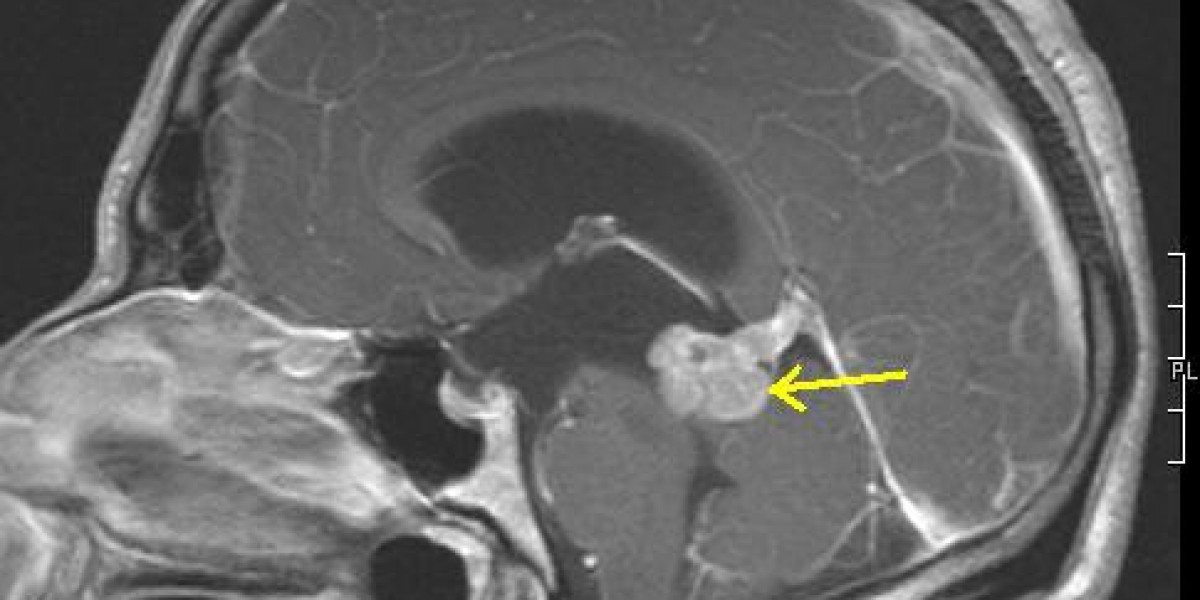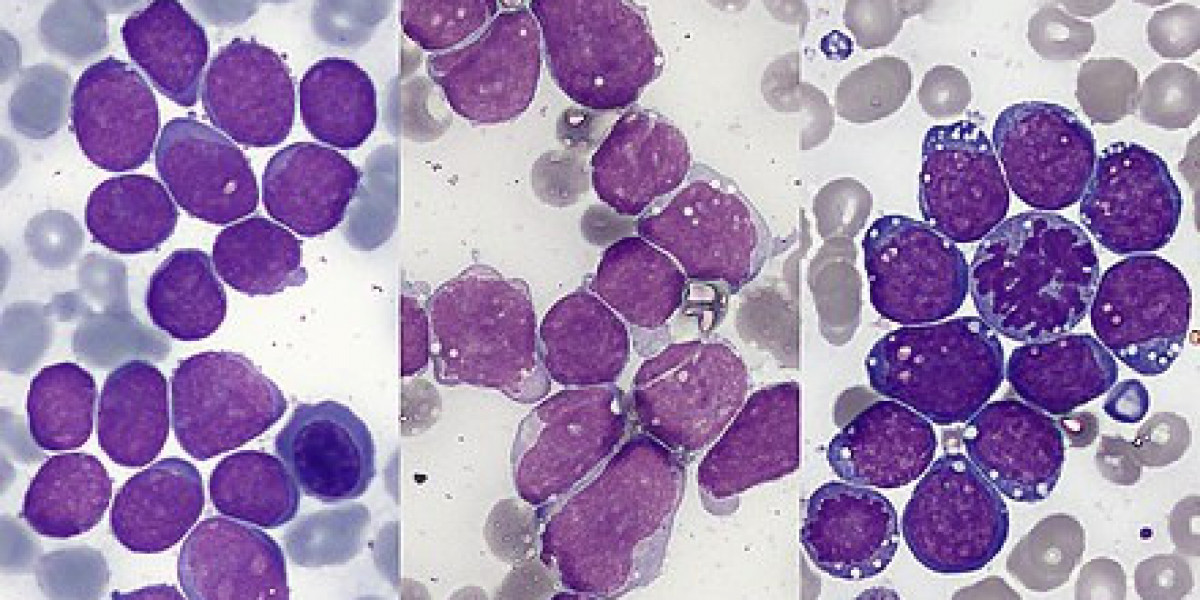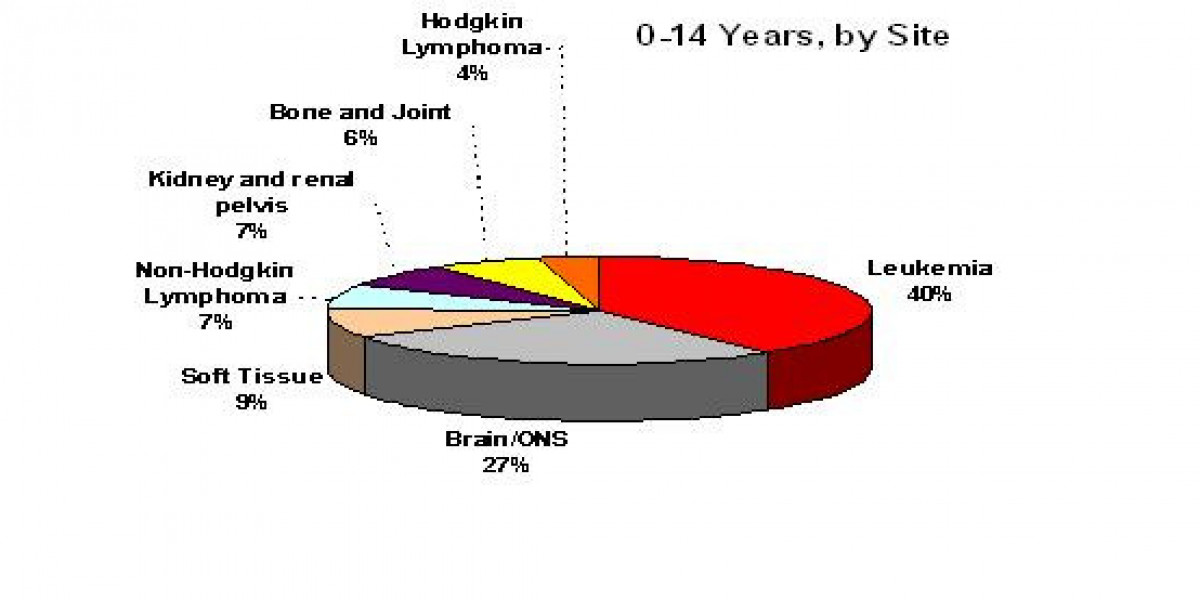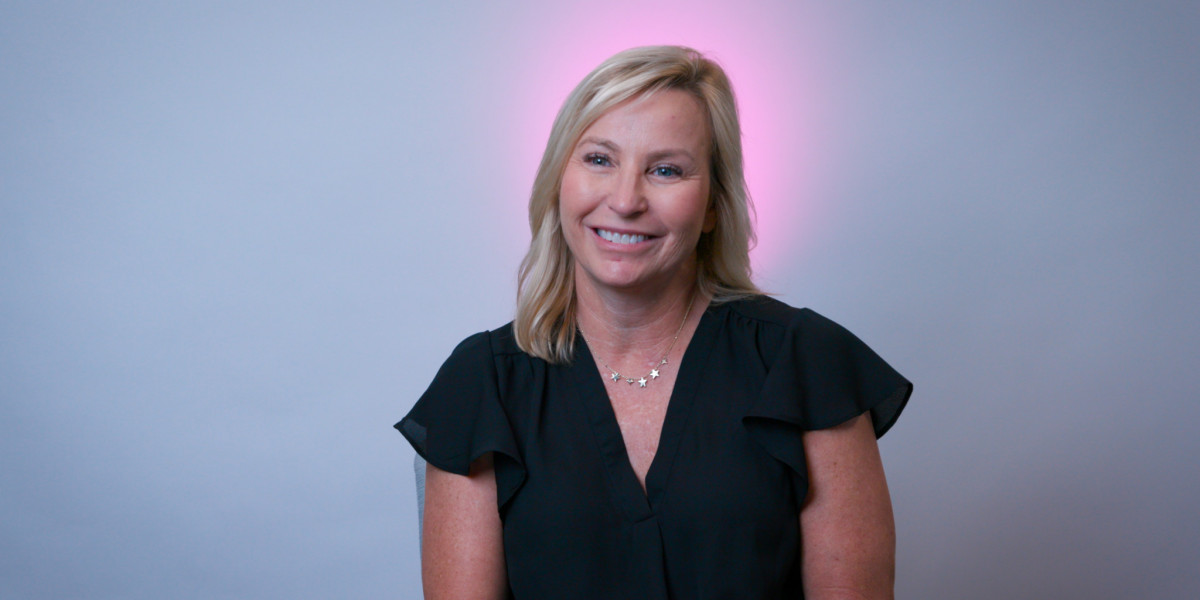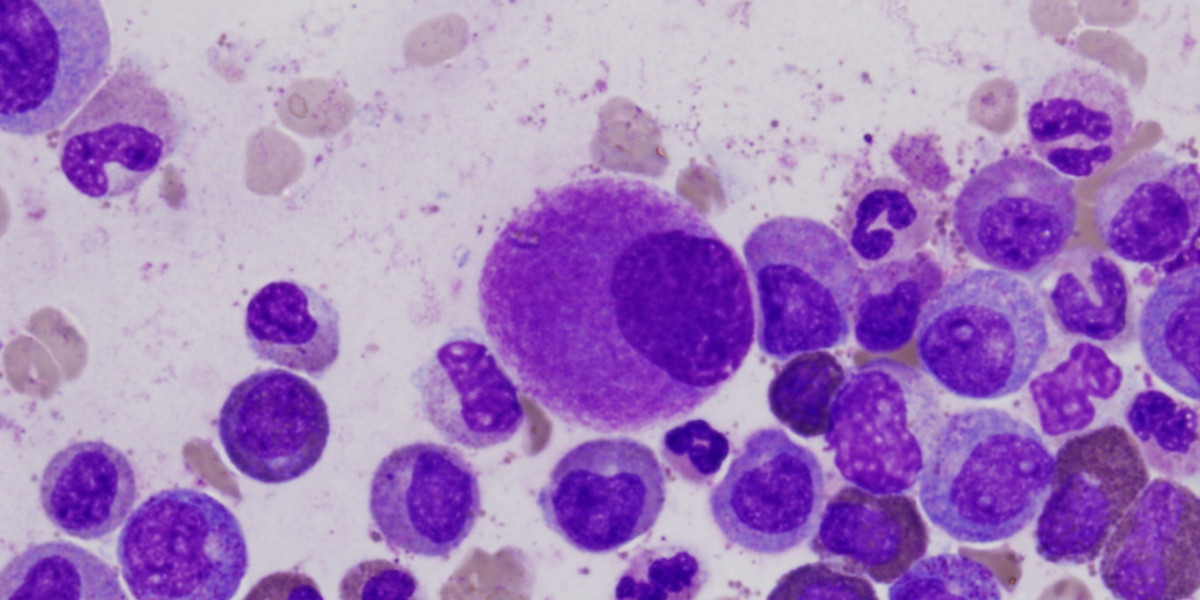Ashley’s path to advocacy began long before her professional career. At just 18 years old, she became acaregiverto her mother, Dr. Lynn Armstrong, who was diagnosed withmetastatic(stageIV) breast cancer.
Lynn was an educator and a student who continued pursuing her doctoral degree while undergoing treatment. Seeing the way her mother kept pushing forward, despite the challenges, inspired Ashley to become anurse.
To spend more time with her mom, Ashley gave up her college volleyball scholarship. It was a decision she made out of love and faith. Looking back, she sees it as part of her spiritual journey and a way to honor her mother’s legacy of education and community care.
Ashley lost her mother in 2007 and later supported her father through his prostate cancer journey. She became all too aware of the challenges cancer posed to her family. At 22, she underwentgenetic testingand learned she carried theBRCA2genemutation, which increased her risk for breast andovarian cancer.
"I knew I needed to be proactive, but I also wanted to give myself time to process and plan," she explains. "It wasn't fear that guided me but awareness."
Rather than rushing intosurgery, Ashley chose to monitor her health. She decided on a strategy of frequent screenings, MRIs, and regular consultations with her high-riskoncologyteam.
Nine years later, at 31, Ashley had a doublemastectomyto lower her risk of breast cancer. This choice made her a previvor, a person who takes steps to prevent cancer before it starts.
“Breast cancer stole my mother from me, but it wasn’t going to steal from my daughter,” Ashley says.
One of the most important moments in Ashley’s career was when she learned about public health. As a young caregiver and a woman facing her own health risks, she felt pulled toward healthcare but was not sure how to make it her career. That changed when she discovered public health, a field that would let her combine her passion for healthcare with helping communities.
“I didn't know public health was a field,” Ashley says. “You hear about doctors, nurses, lawyers, but not public health. Then one day, it was like a lightbulb went off. I realized, ‘This is what I’ve been looking for all along.’”
Eager to learn more, she pursued a master’s degree in public health. She started to see how her experiences with cancer and caregiving connected to bigger issues that affect many people, especially those from marginalized communities. Public health gave her a way to use her own story to make a difference, for everyone.
For Ashley, making health care equitable for everyone is personal. She knows that Black women often face extra challenges when it comes to accessing and navigating the healthcare system.
Ashley’s research looks at howchronicstressandtraumacan affect the body, including the cells, and make it harder to stay healthy – especially for communities that face structural barriers to care. That is why she believes it is important to treat each person as an individual.
Advocating for care that looks beyond symptoms and considers the context of each person’s life, she wants doctors to think about what each person affected by cancer has been through.
"My mom always used to tell me if you're going to stand for something, you stand all the way up. Stand firm on it," Ashley says. This lesson from her mom continues to shape how she approaches her work.
When Ashley was named one of the "40 Under 40" leaders in health, it amplified her call for change. To her, it is not anendpoint. It’s more motivation to keep working for better health care for everyone. She hopes that by telling her story, she can encourage others to speak up for their health and support each other as a community.
Ashley’s faith and family are always at the heart of what she does. As a mom of two girls, she teaches them to be strong and speak up for themselves. She also wants them to know about their family's health history.
Ashley has even written three children’s books,The Big DiscoveryandThe Big Family Trip, to help families talk about cancer. She believes it is important to help people feel strong and supported, both at work and at home.
For Ashley, helping others is a part of who she is and who she comes from. Her own life experiences, strong faith, and commitment to helping her community shape everything she does. As she moves forward this Juneteenth and beyond, she keeps building on her mother’s legacy and working to make health care equitable for everyone.
Testing is important in breast cancer precision medicine—care based on your unique health history and lifestyle. The right tests can help you and your team choose the most effective treatments.
Certain patterns in your family’s health history may suggest that you or your relatives carry a gene mutation linked to breast cancer.
Getting tested for an inherited genetic mutation often means that at some point, you will share your results with family members. It can bring up many mixed feelings, ranging from anxiety and guilt to relief.
Some people are more likely than others to be diagnosed with breast cancer. Previvor is a term that’s often used to describe people who have a high risk of developing breast cancer.
Test results indicate whether you carry a gene mutation (positive), no mutation detected (negative), or a variant of uncertain significance—a gene change with unclear cancer risk implications.
Inherited genetic mutations passed on to us by our parents can cause hereditary breast cancer. Only about five to 10% of all breast cancers are linked to inherited gene mutations.
Genetic counseling is the process of meeting with a genetic counselor to discuss your family health history and whether genetic testing is right for you. A genetic counselor is a healthcare provider.
It can be hard to find the words when a loved one, friend, neighbor, or coworker tells us about their breast cancer diagnosis. We've got tips to get you started.
Caregivers can help with day-to-day needs, such as transportation to and from appointments and maintaining home life.
To be able to give your loved one the attention and support you really want to, it is important to care for yourself. Here, we’ll share some ways you can take care of your physical, mental, and spiritual health.
Originally published on Living Beyond Breast Cancer: https://www.lbbc.org/blog/ashley-dedmon-from-caregiver-to-health-equity-champion



